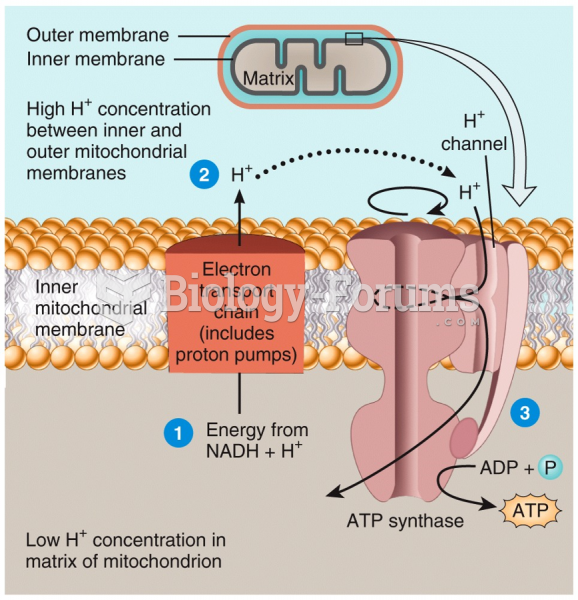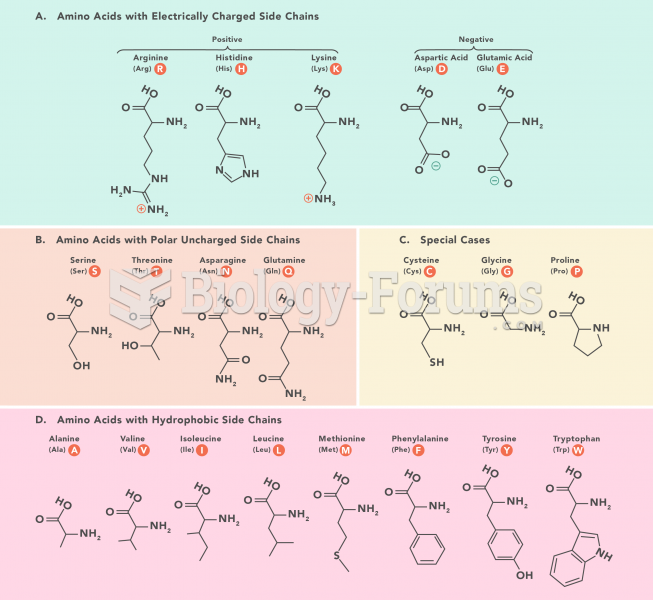|
|
|
People with high total cholesterol have about two times the risk for heart disease as people with ideal levels.
About 3% of all pregnant women will give birth to twins, which is an increase in rate of nearly 60% since the early 1980s.
Cancer has been around as long as humankind, but only in the second half of the twentieth century did the number of cancer cases explode.
Never take aspirin without food because it is likely to irritate your stomach. Never give aspirin to children under age 12. Overdoses of aspirin have the potential to cause deafness.
Nearly all drugs pass into human breast milk. How often a drug is taken influences the amount of drug that will pass into the milk. Medications taken 30 to 60 minutes before breastfeeding are likely to be at peak blood levels when the baby is nursing.
 Effect of pH on drug absorption: (a) A weak acid such as aspirin (ASA) is in a nonionized form in an ...
Effect of pH on drug absorption: (a) A weak acid such as aspirin (ASA) is in a nonionized form in an ...
 Effect of pH on drug absorption. (a) A weak acid such as aspirin (ASA) is in a nonionized form in an ...
Effect of pH on drug absorption. (a) A weak acid such as aspirin (ASA) is in a nonionized form in an ...





